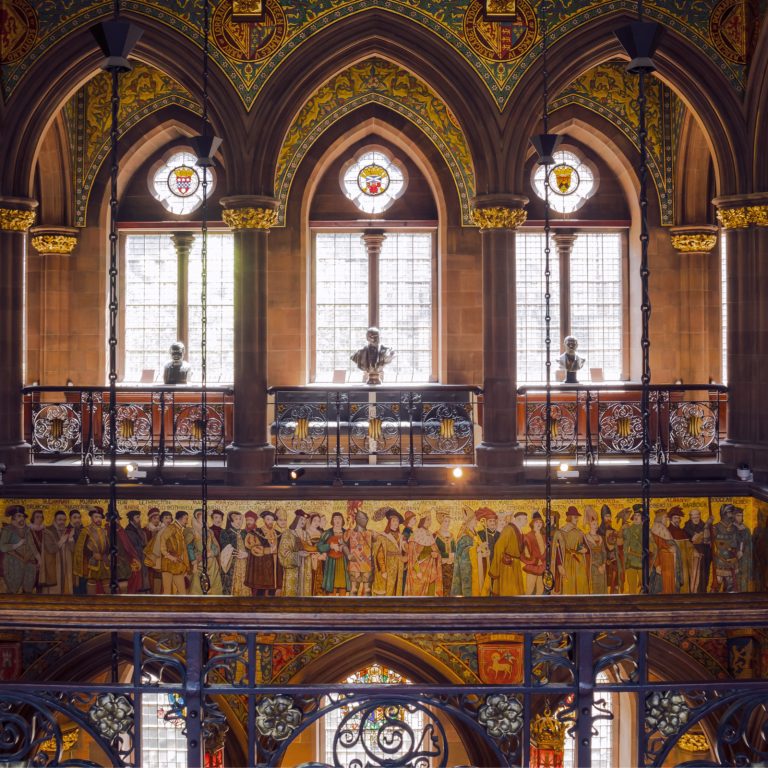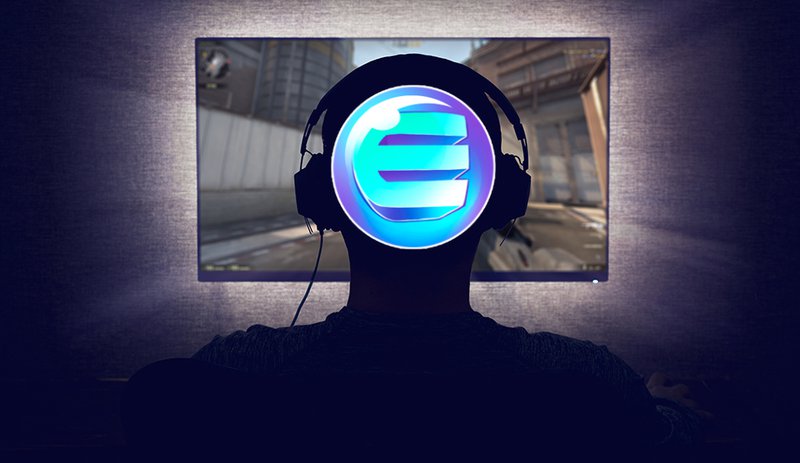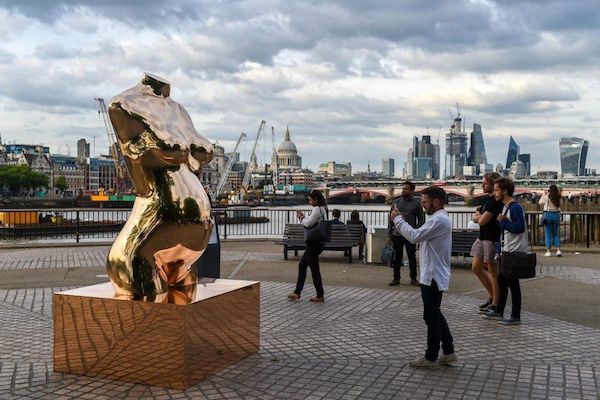
2019-8-23 20:13 |
Art is no longer a medium of expression of ideas, thoughts, feelings or portraying the injustice and inequality. It has transformed into a medium of investment. The right artwork associated with the right artist can be a fortune by itself. Now, with the artworks gaining so much value in the market, greed gets few people to find different ways by which they can make use of this unusual financial instrument and make the most money. This is where the problems of counterfeiting, frauds, smuggling, etc. arise, which is hard to track unless there is a strong, tamper-proof method to verify the movement of artworks, their provenance and authentication.
There have been numerous systems implemented in the past, which haven’t lived up to the expectations either due to their lack of efficiency, integrity or universality. However, in recent days, following the rise of cryptocurrencies and their underlying blockchain technology, things have changed. There are quite a few players in the blockchain industry who are working on implementing systems using distributed ledger technology in areas of authentication and provenance, sales and auctions, insurance and art logistics.
Advantages and Industry ReceptionThe advantages of blockchain as an immutable ledger and their decentralized nature which makes them accessible from anywhere by anyone with the right set of credentials is ideal for creating a global art registry, with high security, scalability and of course with some extra work, great usability. While the blockchain players have been strong proponents of implementation of such solutions in the early days, the landscape has changed with increased acceptability of the inevitable by the art industry itself. This development, and openness of companies and players connected to the art industry is made evident by their participation in some of the leading cryptocurrency and blockchain conferences and summits in recent days. In fact, in 2018, Christie’s – one of the world’s leading art auction houses organized the first ever Art+Tech Summit which was dedicated to exploring the use of blockchain technology.
Industry Players and a New EntrantFew prominent names in the blockchain for art segment includes the likes of Artory, Verisart, Blockchain Art Collective, Ink Labs Foundation, DADA, Maecenas, ArtPro and more. These projects are very active in managing the Provenance & Certification and/or providing decentralized marketplaces for artworks. Some have extended the application further to even include art insurance and claims processing.
Edward Hopper (1882-1967), Chop Suey, 1929. Oil on canvas, from The Barney A. Ebsworth Collection | Source: Christie’s
A significant milestone in the blockchain for art occurred on November 2018, when Christie’s partnered with Artory to secure and record the sale of the auction house’s $318 million worth Barney A. Ebsworth collection on the blockchain. Another relatively new entrant into the segment ArtPro has recently received the license to operate from Estonian Financial Intelligence Unit (FIU), as it embarks on an IEO. This platform combines the best of two different sub-verticals in the blockchain for art space – Provenance & Certification and Decentralized Online Marketplace into one streamlined process.
The user-friendly platform is designed to allow anyone to buy and sell art. It also has a strong decentralized consensus mechanism and builds a connection between the participants and stakeholders in the ecosystem to provide one place where the art is cataloged, provenance established by ERC721 token with digital certificates along with a transparent rating system to gauge the art’s value as well as artist’s skills. The inbuilt smart contracts and escrow system further ensures that no one gets cheated during the transaction.
In addition to the blockchain technology, ArtPro also implements some state-of-the-art technology to enhance the entire user experience journey on the platform. One doesn’t have to be in a gallery to experience the art firsthand before purchasing it. In fact, they can just use the Augmented Reality enabled ArtPro application to get all the information needed while sitting in the comfort of their own living room or wherever they are. The ArtPro ecosystem is fueled by ERC20 compliant APT utility tokens which can be used for all transactions over the platform. The ArtPro IEO and the token usage within the platform have received respectable ratings from crypto industry’s popular review platforms.
In the coming days, the platform is also planning to hold the first ArtPro art exhibition in London as they prove the prowess of the platform to the art and investor community.
Learn more about ArtPro at – https://www.art-pro.io
The post Blockchain for Art: DLT Makes Inroads into the Art Industry appeared first on NewsBTC.
origin »Bitcoin price in Telegram @btc_price_every_hour
Maecenas (ART) íà Currencies.ru
|
|


















